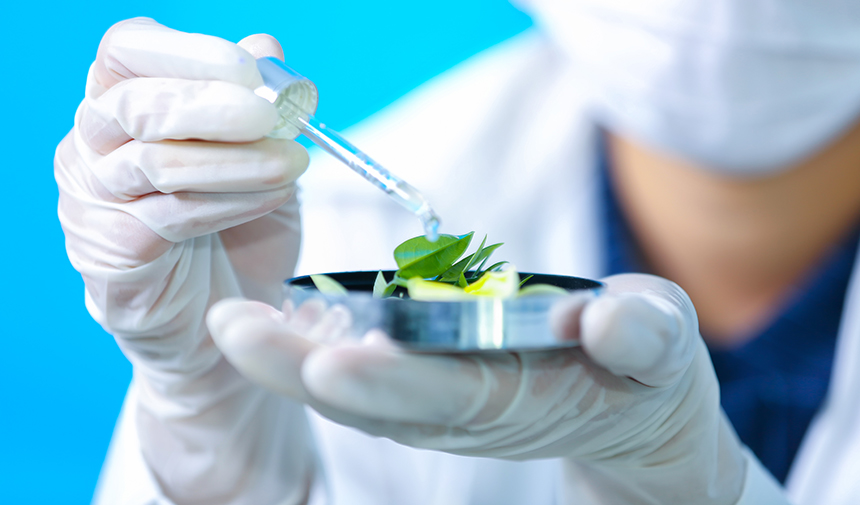The food industry is undergoing a major transformation, driven by a growing global population and environmental concerns. This transformation focuses on innovative food technologies, including artificial meat production, plant-based protein sources and sustainable agricultural techniques. These technologies offer important steps towards both environmental sustainability and food safety.
Artificial meat is produced in the laboratory without slaughtering animals, using cells that mimic the biological structure of real meat. This method aims to reduce the environmental burden of animal husbandry and improve animal welfare. Compared to traditional livestock farming, lab-produced meat requires less water and land use and significantly reduces greenhouse gas emissions.
Plant-based foods, on the other hand, are gaining traction, especially with the popularization of vegan and vegetarian diets. Made from plant protein sources such as soy, peas, and nuts, these products can mimic the texture and flavor of meat. By producing meat alternatives, the plant-based food sector not only reduces environmental impact, but also offers healthier products that are lower in cholesterol and saturated fat.
Sustainable agriculture projects are also an important part of this new era. These projects include innovative practices such as drip irrigation techniques that save water, organic fertilization methods that increase the natural fertility of the soil, and biological control methods that minimize the use of pesticides. In addition, modern agricultural techniques such as vertical farming and hydroponics are enabling farming even in urban areas.
All of these developments are helping to make food production more ethical, sustainable and efficient. But the global adoption and implementation of these innovative technologies requires both political and economic support. In addition, consumer interest in and adaptation to these new products will determine the success of these technologies.
It remains to be seen how these innovations will shape our food systems in the future. It is hoped that artificial meat, plant-based products and sustainable agricultural practices can solve the global food crisis and create a greener future.



